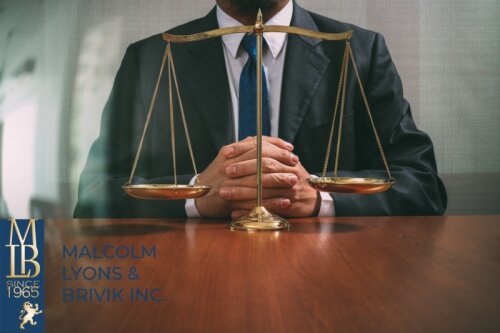Best Premises Liability Lawyers in Cape Town
Share your needs with us, get contacted by law firms.
Free. Takes 2 min.
List of the best lawyers in Cape Town, South Africa
About Premises Liability Law in Cape Town, South Africa
Premises Liability in Cape Town refers to the legal responsibility of property owners or occupiers for injuries that occur on their premises. These injuries can be caused by negligence, unsafe conditions, lack of maintenance, or other factors that make the premises dangerous for visitors or customers.
Why You May Need a Lawyer
You may need a lawyer for Premises Liability issues if you have been injured on someone else's property due to their negligence or failure to maintain a safe environment. A lawyer can help you determine if you have a valid claim, navigate the legal process, negotiate with insurance companies, and represent you in court if necessary.
Local Laws Overview
In Cape Town, South Africa, Premises Liability laws are governed by the Occupiers' Liability Act, which holds property owners and occupiers accountable for injuries that occur on their premises. It is important to prove that the owner or occupier was negligent in maintaining safe conditions on the property, and that this negligence directly caused the injury.
Frequently Asked Questions
1. Who can be held liable for Premises Liability in Cape Town?
Property owners, occupiers, landlords, tenants, and even government entities can be held liable for injuries that occur on their premises.
2. What types of injuries are covered under Premises Liability law?
Any injury that results from unsafe conditions on a property, such as slip and falls, dog bites, inadequate security, and more, can be covered under Premises Liability law.
3. How do I prove negligence in a Premises Liability case?
You must show that the property owner or occupier knew or should have known about the unsafe condition, failed to address it, and that this failure directly caused your injury.
4. What damages can I recover in a Premises Liability case?
You may be eligible to receive compensation for medical expenses, lost wages, pain and suffering, disability, and other related damages.
5. What should I do if I am injured on someone else's property?
Seek medical attention immediately, document the scene of the accident, notify the property owner or manager, gather witness information, and contact a Premises Liability lawyer.
6. How long do I have to file a Premises Liability claim in Cape Town?
In South Africa, the Prescription Act allows a three-year time limit for filing a Premises Liability claim from the date of the injury.
7. Can I still pursue a claim if I was partially at fault for the accident?
Yes, South Africa follows a comparative negligence system where your compensation may be reduced based on your percentage of fault.
8. Will my case go to trial?
Many Premises Liability cases are settled out of court through negotiations, but if a fair settlement cannot be reached, your case may proceed to trial.
9. How much does it cost to hire a Premises Liability lawyer in Cape Town?
Most lawyers work on a contingency fee basis, which means you only pay legal fees if you win your case. The fee is usually a percentage of the settlement amount.
10. How can a Premises Liability lawyer help me with my case?
A lawyer can assess the strength of your case, gather evidence, negotiate with insurance companies, represent you in court, and help you pursue fair compensation for your injuries.
Additional Resources
For more information on Premises Liability in Cape Town, you can contact the Cape Law Society or visit the South African Law Reform Commission's website for relevant laws and regulations.
Next Steps
If you believe you have a Premises Liability claim in Cape Town, it is important to consult with a qualified lawyer as soon as possible. They can help you understand your legal rights, evaluate your case, and guide you through the legal process to pursue compensation for your injuries.
Lawzana helps you find the best lawyers and law firms in Cape Town through a curated and pre-screened list of qualified legal professionals. Our platform offers rankings and detailed profiles of attorneys and law firms, allowing you to compare based on practice areas, including Premises Liability, experience, and client feedback.
Each profile includes a description of the firm's areas of practice, client reviews, team members and partners, year of establishment, spoken languages, office locations, contact information, social media presence, and any published articles or resources. Most firms on our platform speak English and are experienced in both local and international legal matters.
Get a quote from top-rated law firms in Cape Town, South Africa — quickly, securely, and without unnecessary hassle.
Disclaimer:
The information provided on this page is for general informational purposes only and does not constitute legal advice. While we strive to ensure the accuracy and relevance of the content, legal information may change over time, and interpretations of the law can vary. You should always consult with a qualified legal professional for advice specific to your situation.
We disclaim all liability for actions taken or not taken based on the content of this page. If you believe any information is incorrect or outdated, please contact us, and we will review and update it where appropriate.











